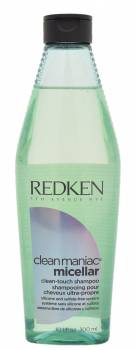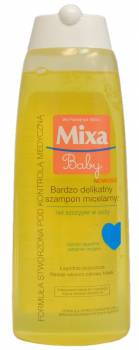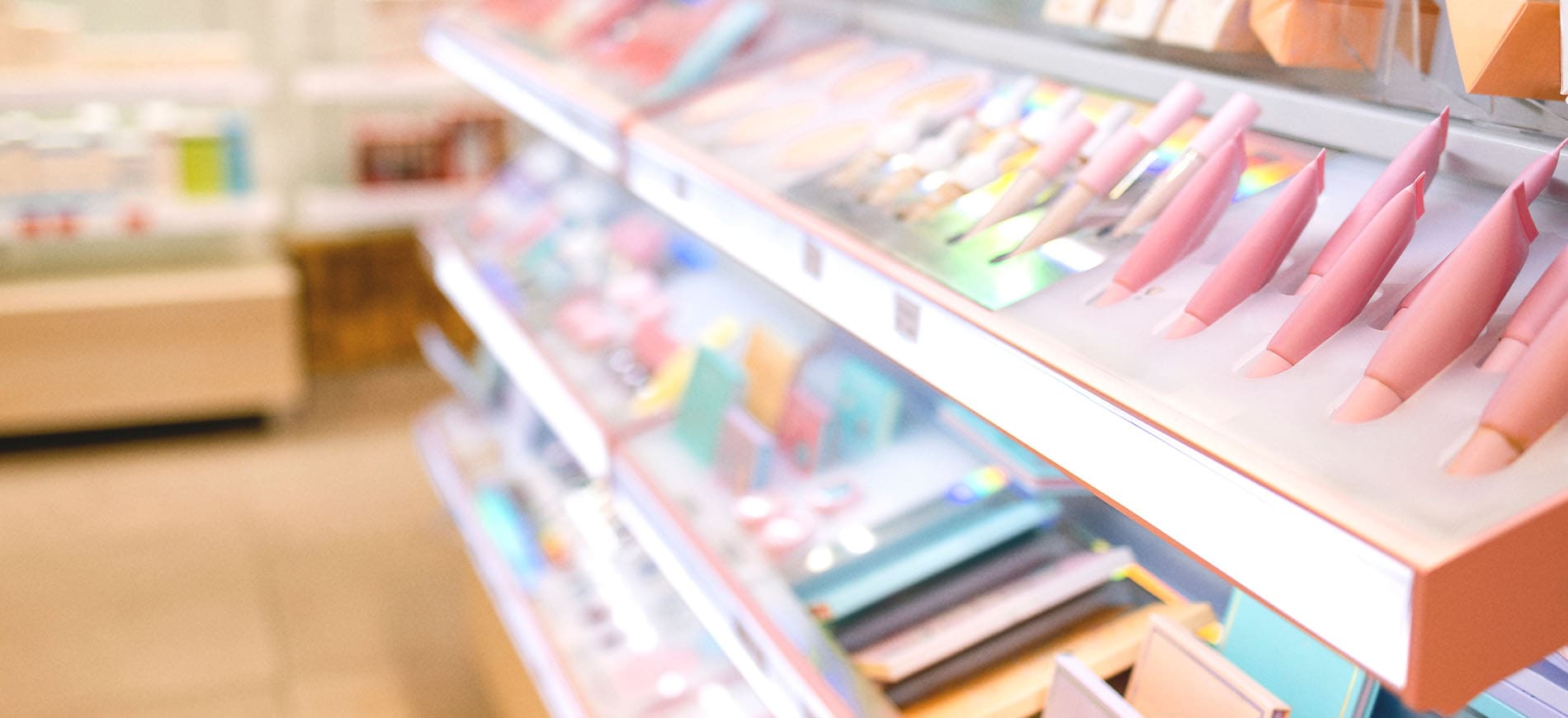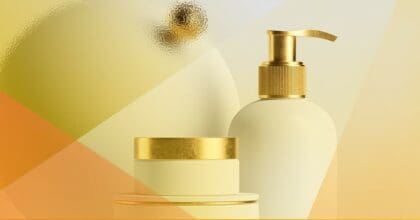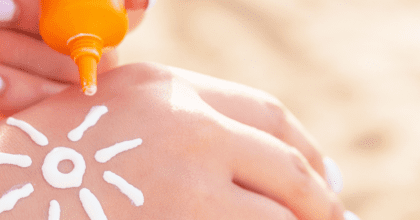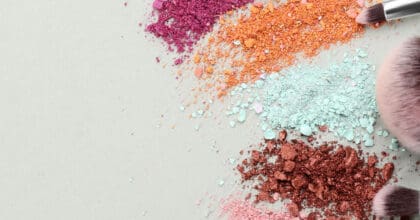-
Articles + –
Beauty Spot: Micellar haircare
Micellar water takes its name from tiny particles of oil called micelles, which attract the dirt to gently remove residue without stripping moisture.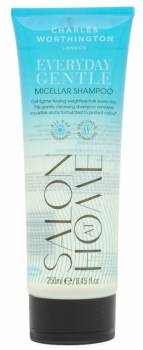
With its gentle cleansing capabilities, haircare brands can look to the success of micellar water in the facial skincare category to utilise the same principles in shampoo and treatments.
Communicate benefits to allay damage concerns
While innovation in micellar haircare offers many opportunities for brands, there needs to be an element of caution, as past skincare-inspired claims that have moved into haircare, like anti-ageing and BB or CC products, have struggled to reach consumers. However, more recent launches such as overnight products and detoxifying claims have been seen as more relevant in the haircare market. This largely comes down to the fact that overnight products can be used to achieve healthy-looking hair, while detoxifying claims appeal to adults who recognize the impact that lifestyle has on their hair.

Highlight simple and safe use
Micellar waters are mild surfactants and detergent, therefore brands should clearly communicate that these need to be removed from the hair.
Just like with shampoo, brands should emphasise how well these products will clean, as the micelles will remove dirt, oils and impurities, but that they are not leave on products, as that could be damaging. Brands must ensure that the formulation is mild enough and that the amount left on isn’t irritating. This also needs to be easily communicated to consumers, much like a traditional shampoo.
Theoretically, future micellar products could be used without a rinse of water by just towelling the hair to remove excess and oils. 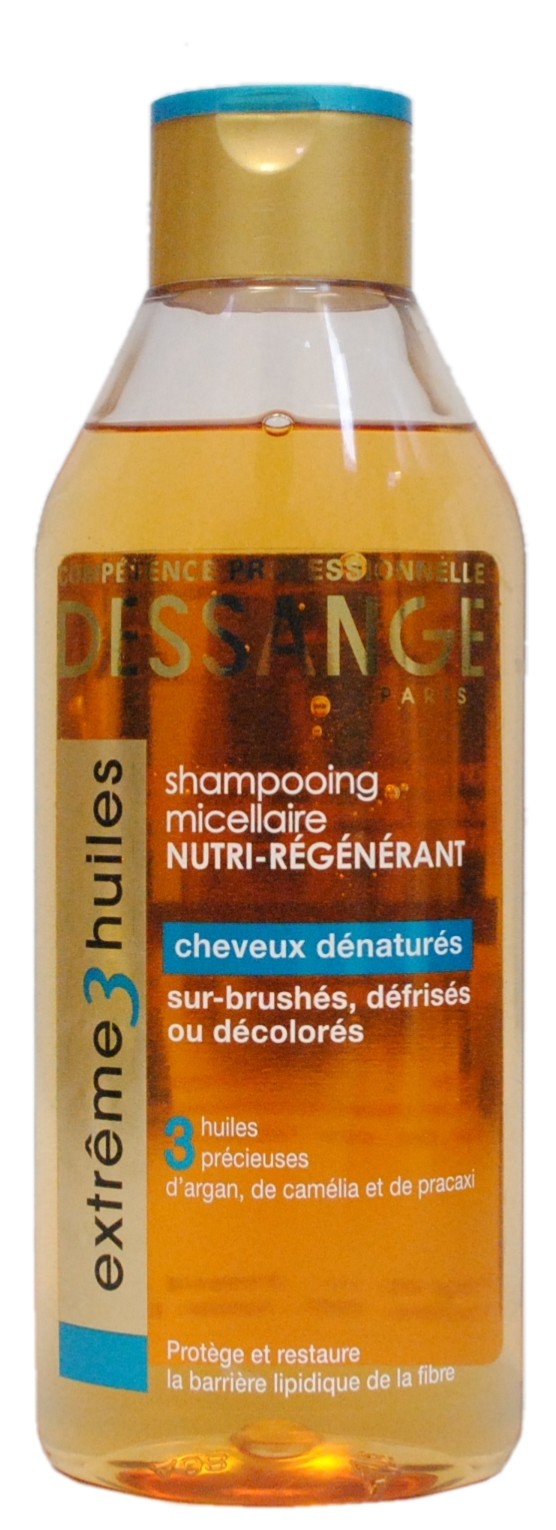
Appeal to free-from and protection trends
Brands should utilise micellar water’s free-from appeal, as they are sulphate, silicone and paraben-free. In essence, they work like a tiny magnet which effectively picks up impurities, pollution and grease from hair without stripping or weighing it down.
The mild cleansing technology promises to keep scalp healthy, causing less chance for irritation and flaking. It also helps to keep coloured hair vibrant and protected and leave it soft, lightweight and with natural movement. For coloured hair, brands should emphasise the sulphate-free claim so it provides a gentle cleanse while also preserving any colour on hair a little bit longer.

Capitalise on active and urban lifestyles
Certain hair types and lifestyles will require daily washing, and we have seen the debate on whether this is actually good for the hair and how perceptions differ among consumers.
Finer hair types often feel greasy quickly with those living in cities, or the regular gym-goers, feeling the need to wash their hair daily. People with these hair types should wash their hair with a gentle yet effective cleansing shampoo that doesn’t over-deposit onto the hair, which could in turn lead to build-up.
Finally, brands should capitalise on the Active Beauty trend by positioning micellar washing as the solution for active consumers to effectively but gently cleanse hair after exercise.
Andrew McDougall is an award-winning journalist with over ten years’ experience in an editorial role. Since joining Mintel, Andrew has written content for the Beauty & Personal Care platform with a special focus on haircare and oral care.

Andrew is a Global Haircare Analyst at Mintel, analyzing the haircare market, identifying and tracking the latest trends and product innovations.
-
Mintel StoreGet smart fast with our exclusive market research reports, delivering the latest data, innovation, trends and strategic recommendations....View reports
-
Mintel LeapMintel Leap is a revolutionary new AI-powered platform that will transform your research process....Book a demo












